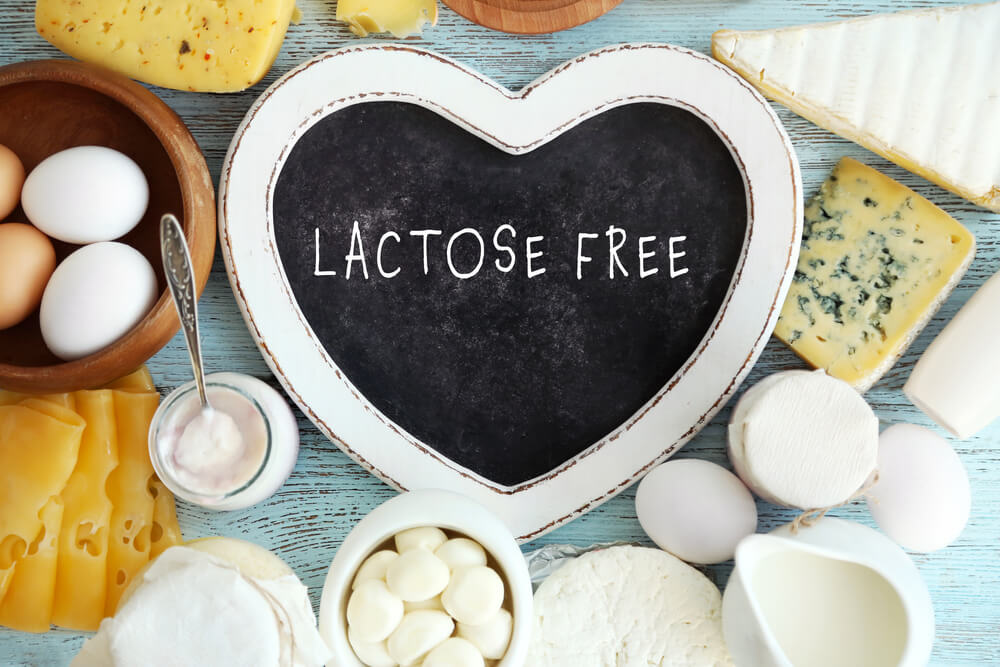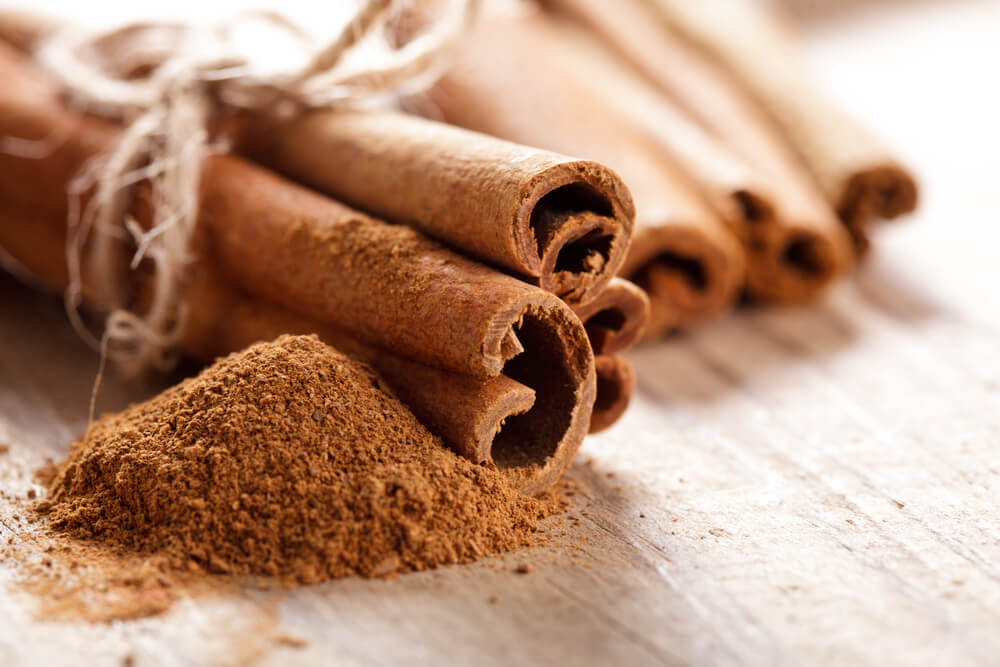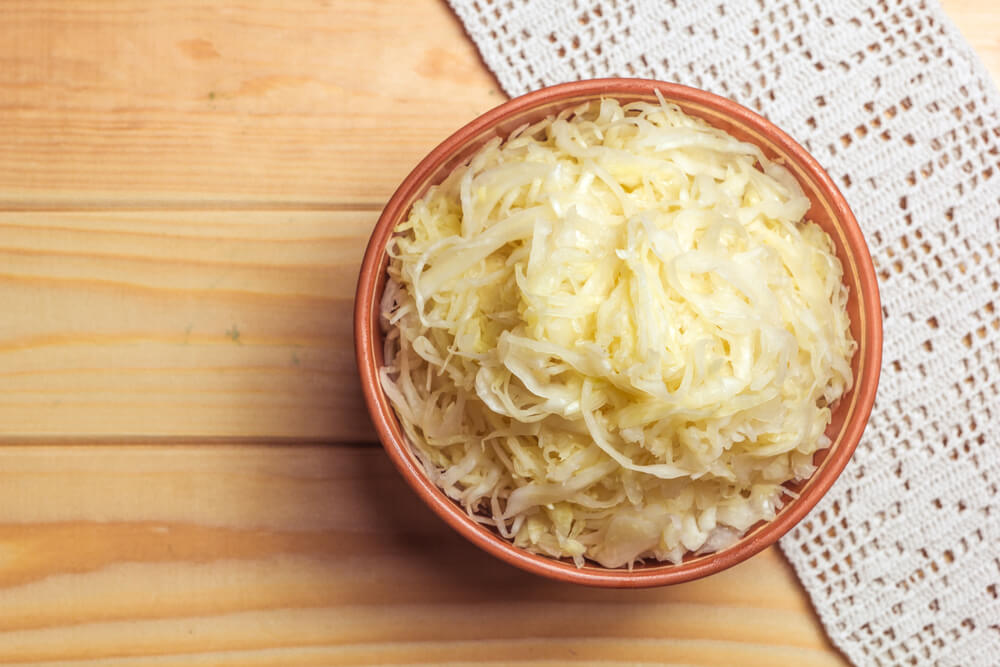Vegetarian, gluten-free and lactose-free foods: are they as good as we are told?
'24.05.2021'
Source: Adme
30% of Americans buy gluten-free foods, and 41% think they are healthier than their usual counterparts. The fashion for vegetarian food has been around for a long time. Admit it, have you ever wanted to try it too? After all, such products seem to be useful. However, the results of research by scientists cast doubt on the benefits of veganism and similar "trendy" and "healthy" nutrition systems.

AdMe.ru immersed himself in the study of the properties of vegan, gluten-free and lactose-free products in order to dispel popular misconceptions about them.
93% think that they have gluten intolerance, and only 7% really can not tolerate it
Gluten is a group of proteins that are found in 3 types of cereals: wheat, rye and barley. It has strong adhesive properties, so products with its content have high elasticity and excellent shape retention. Not all people digest this protein equally well, but doctors diagnose gluten intolerance, or celiac disease, only in 1% of the world's population.
The Gluten-Free Mainstream is developing thanks to the efforts of marketers. At the same time, 93% of people who “find” this disease in themselves can eat bread and other gluten-free foods without harm to their health. Another possible factor is hypochondria: people like to attribute non-existent diseases to themselves (this usually happened in history in a relatively peaceful and calm time).
Gluten-free diet is not as effective as it seems
Gluten-free foods often contain more calories than usual. But fiber, zinc, iron and potassium in them is much less. Gluten-free diet increases the risk of deficiency of vitamins of group B and some other trace elements.
On the subject: Why fashion superfoods are useless and how to replace them: life hacking from a biologist
This is not an expensive pleasure: gluten-free bakery products are 267% more expensive than their gluten-containing “brethren”. By the way, they are neither airy nor soft. Some enterprising manufacturers indicate gluten free even where this protein can not be: on buckwheat, sausage or cosmetics.
Lactose intolerance and milk protein allergy are not the same thing
The first occurs due to a lack of the lactase enzyme, which is typical for 65 – 70% of the global population. These people can eat cheese and cottage cheese, because lactose (the carbohydrate that is found in dairy products) is present in them in small quantities and is not able to provoke undesirable consequences. With cream and ice cream you need to be more careful: they have about the same amount of lactose as in milk. But for intolerance to manifest, you need to use about 0,5 – 1 kg of these products.
Allergy to milk protein is real and is manifested by a rash, redness of the cheeks, forearms and buttocks, difficulty breathing. It occurs in 2 – 3% of children under one year of age and passes in them by an average of 10 years, persisting only in 0,4% of adults. It is to this number of people that dairy products cannot be consumed.
Cow's milk is often replaced with almond, but the nutritional protein in it is only 1 g
In an 1 cup of cow's milk - about 100 kcal, 8 g of protein and 30% of the daily calcium intake. In addition, 25% Vitamin D, 8% Potassium and 13 g sugar. The closest vegetable analogue is pea milk: it has the same amount of protein, 1 / 3 has fewer calories and 15% more calcium.
Almond milk contains 2 – 3 times less calories per glass. There are few proteins in it - 1 – 5 g, the product is enriched with calcium and potassium. And it also contains carrageenan - an additive that provokes gas formation and inflammatory reactions in the intestine.
Vegetable milk is not suitable for diabetics
Sugar and flavorings are often added to oat and rice milk. Rice milk has a high glycemic index: it is quickly digested and causes a sharp fluctuation in blood sugar. Soy milk is similar to cow in terms of protein, calcium and vitamins. It is more high-calorie and rich in phytoestrogens, which in excess negatively affect women's health and can reduce fertility.
On the subject: 8 popular foods that are useless with proper nutrition
Coconut milk has an anti-inflammatory effect, accelerates metabolism and restores the intestinal mucosa. But he has a high level of fats and carbohydrates: milk can cause diarrhea or constipation, with regular use - lead to weight gain.
Vegan meat improves the functioning of the stomach and, despite this, is more harmful than natural
Vegetarian cutlets, sausages and other semi-finished products are made from "wheat meat" - legumes (beans, lentils, soybeans, chickpeas) that support the intestinal microflora, strengthen the cardiovascular system. Wheat protein, or seitan, is pure gluten, it is rich in vitamins PP, B, and magnesium. Meat for vegans has advantages: vegetable protein is absorbed faster, and it does not have saturated fats that increase cholesterol.
At the same time, it contains a high content of sugar and salt, a large number of additives and flavorings to give a taste to fresh concentrated protein. The composition contains the toxic dye allura red AC, which, according to some reports, is carcinogenic. Another trending ingredient is coconut oil, in which there is almost 30% more saturated fat than cream butter.
It is believed that all soy products are harmful.
Whole soy products are directly beans, soy milk, bean curd (tofu). Fermented - soy sauce, natto and so on. In their production, a minimum of additives is used, so these products do not pose a harm to humans. Processed foods are soy flour, soybean oil. Soybean oil contains a lot of omega-6 fatty acids, an excess of which leads to chronic inflammation and provokes the development of cardiovascular, oncological diseases and diabetes.
Soy flour can compete with wheat: it contains more proteins. 100 g of the product accounts for 1 / 5 of the daily norm of calcium, 1 / 4 of the norm of B vitamins, 1 / 3 of the norm of iron. The product reduces the risk of diseases of the cardiovascular system and has a beneficial effect on women's health (in particular, alleviates the symptoms of menopause).
The benefits of trendy vegan foods are greatly exaggerated
Chia seeds are considered superfood, which can satisfy the daily need for calcium, magnesium, iron, saturate with alpha-linoleic acid and omega-3. These values are valid for 100 g of the product, but only 1 Art. l seeds - 10 – 12 g. In this case, they can be successfully replaced by 1 banana.
Wheat germ (and oil from them) is an antioxidant and a natural source of vegetable protein, fiber, potassium, magnesium, zinc and other elements. They help maintain normal body weight and improve immunity. Sprouts are not suitable for those who follow a low-carb diet: in an 1 glass of wheat germ - 60 g of carbohydrates. The essential oil contains triglycerides, which negatively affect the health of the cores.
“Vegetarianism” and “benefits” are not synonymous words
Thus, a vegan, gluten-free or lactose-free diet will not help in a short time to bring the body into shape and lose weight. To improve your health, it’s not enough just to buy in a store or order food in a cafe with the tags vegan friendly, gluten free and the like. Health requires a conscious approach, thoughtful choice and physical activity.
Have you had experience with such diets? What changes in the body have you noticed?







